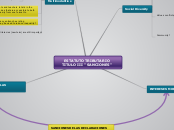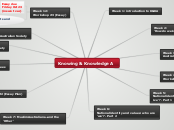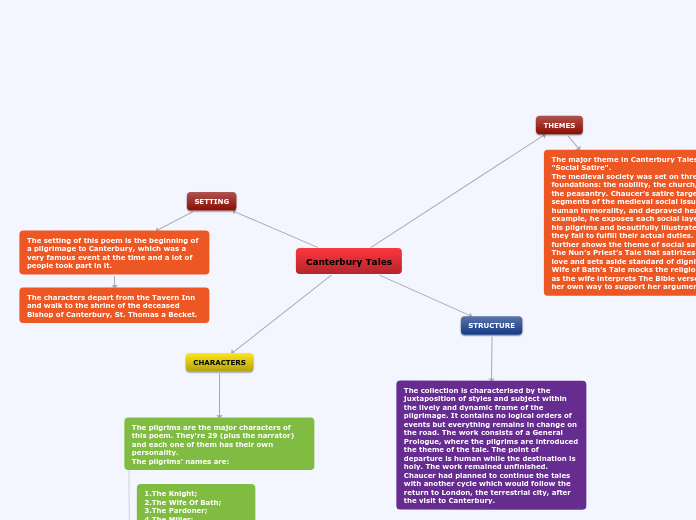Fantastic! Encourage entrepreneurial thinking and work! However, not everyone can be at the top. That's why he hired an accountant! To me, this speaks to the need for differentiation and the requirement for educators and students to embrace pathways that don't fit the "norm".
As popular as this video is, has it done more to inspire teachers, or does it make them feel bad about themselves? Do we as a society (not just educators) value the arts and creativity? Do we really want to move away from an industrial model of education? I don't see the evidence of it from the education system or society.
Engineers and designers gave
up their holidays to work with
these students
I like TED Talks as much as the next person
but I wonder about the authenticity of them. They are good ideas that need to be shared, but to implement (especially in education), many require additional resources that we as a society don't seem to feel like putting into the education system. Simply sharing a TED Talk and asking teacher to "be more like that" or "give kids opportunities like that" isn't enough.
SANCIONES DE LAS DECLARACIONES TRIBUTARIAS
ESTATUTO TRIBUTARIO TITULO III "SANCIONES"
NORMAS GENERALES DE LAS SANCIONES
Learning Curve for New Tech
Aldunate, R., & Nussbaum, M. (2013). Teacher adoption of technology.Computers in Human Behavior, 29(3), 519-524. doi: 10.1016/j.chb.2012.10.017
(Glass, 1999, as cited in Aldunte and Nussbaum, 2013)
When implementing a new technology (which might be a new literacy, could simply be called innovation, etc.) there is actually a dip in the effectiveness of practice as both teachers and students learn to use the new technology. It is in this dip that most teachers give up on new technologies, because they aren't as effective as past practices. I wonder how many teachers feel that they are "safe" in that space where they are learning and exploring.
Multimodalities
Heritage literacies (new term) are still important
Do new modes of literacy entrench existing inequalities or can they be used to reduce inequality?
Depend on the power structure and whether or not thos with power are willing to transfer that power (i.e. use their privilege to empower others even if it makes them uncomfortable)
What supports do educators need to give up that power?
How do you get students and teachers to talk in the same mode or use modes that are accessible to both or can be translated easily from one format to another?
Assumed to be less proficent
Opportunities to practice?
Assumed to be proficient
INTERESES MORATORIOS
Subtopic
Innovate: Education
Do Schools Kill Creativity?
Social Diversity
Community?
Values conflicts?
Student and curriculum
Student and teacher
Students and student
School and home
If students and teachers disrupt traditional
power structures at school, what happens
when the student brings that home?
Teachers?
Students?
Comfort?









